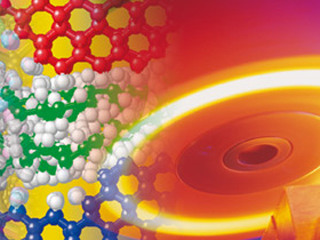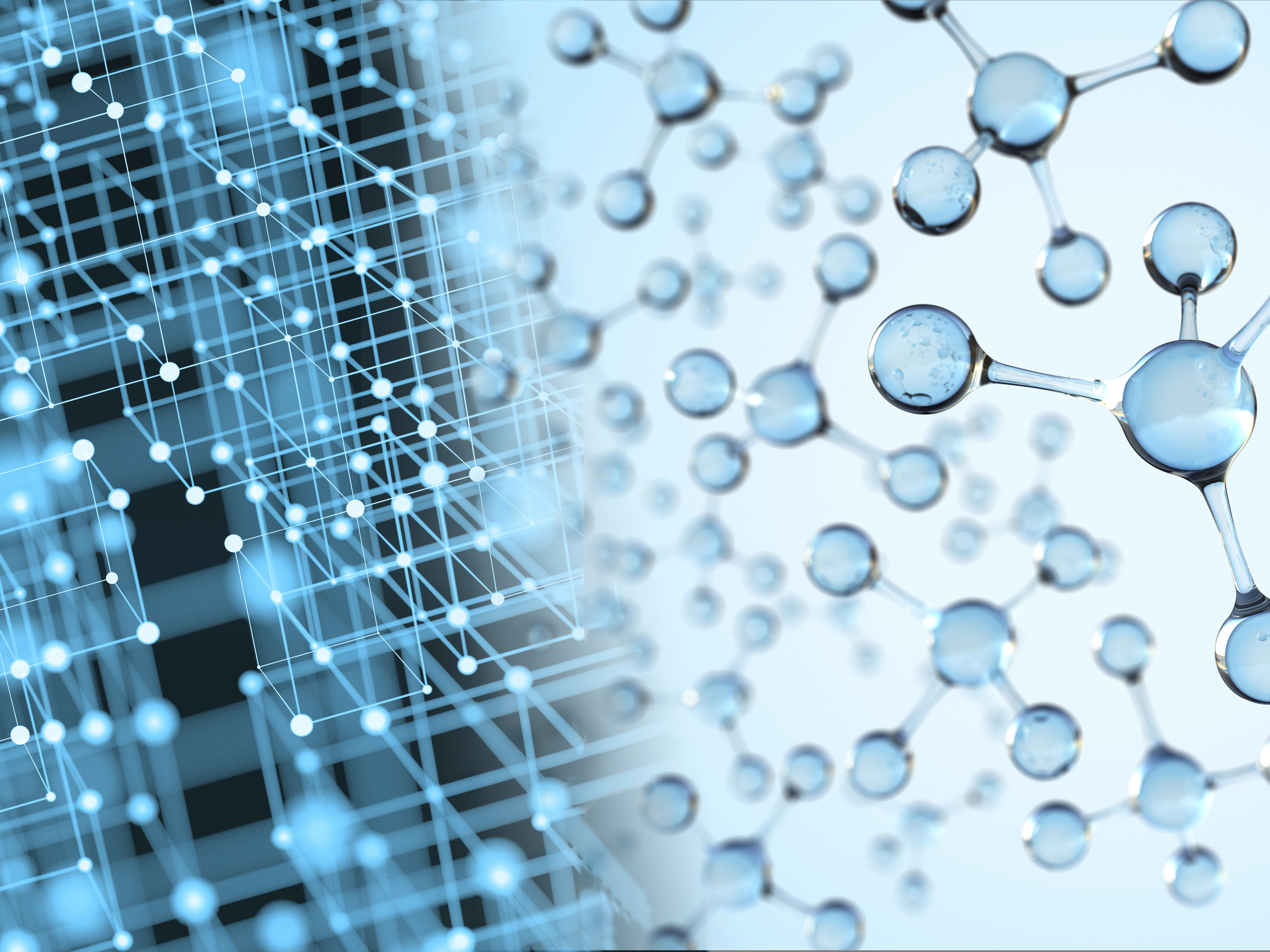Tribology
This business unit carries out research into friction and wear. We optimize tribological systems and develop solutions that reduce friction and protect against wear with the aid of technical ceramics, innovative lubricants, tribological layer systems and tribo-materials conditioned for manufacturing technology.
We investigate friction, abrasion, running-in and wear mechanisms as they affect the tribo-chemistry of machine elements such as roller and slide bearings, cutting and forming tools or motor and gear elements. We use experimental techniques, multi-scale modeling and numerical simulations as well as microstructure analysis.
What we offer
- Determination of characteristic values for materials, material composites and coatings under application-relevant operational conditions
- Evaluation and optimization of the performance of protective wear-resistant coatings and friction contacts
- Load analyses, trials and evaluation of failure mechanisms for metal, ceramic and plastic components
- Production and evaluation of smooth and structured diamond-like carbon coatings for large sliding and rolling loads
- Development and application of lifetime prediction methods
- Development of intelligent tribosystems using programmable friction
Contact us! Together we'll find a customized solution for the challenges you face.

MicroTribology Centrum µTC
The Fraunhofer IWM and the Institute of Applied Materials – Reliability of Components and Systems (IAM-ZBS) at the Karlsruhe Institute for Technology KIT cooperate with each other in the Tribology research department. The joint initiative MicroTribology Centrum µTC combines the competencies of these two institutions in industrially relevant research, in fundamental research and in academic activities.
A particular highlight here is the customized Tribo-Contact – the key to success for energy efficiency, a long service life and cost effectiveness.
Fraunhofer Cluster of Excellence Programmable Materials CPM
In order to design and produce programmable materials, the cluster of excellence merges the competencies of the Fraunhofer Institutes IWM, IAP, IWU, ICT and IBP. Together, they have a complete understanding of materials and materials-based processes, from the molecular to the macroscopic scale. In conjunction with partner institutes, they develop programmable materials in two specific core topics with the focus being on transport properties and mechanical material properties, i.e. properties that normally cannot be changed in customary materials and are therefore of special interest.In order to design and produce programmable materials, the cluster of excellence merges the competencies of the Fraunhofer Institutes IWM, IAP, IWU, ICT and IBP. Together, they have a complete understanding of materials and materials-based processes, from the molecular to the macroscopic scale. In conjunction with partner institutes, they develop programmable materials in two specific core topics with the focus being on transport properties and mechanical material properties, i.e. properties that normally cannot be changed in customary materials and are therefore of special interest.
Fraunhofer Cluster of Excellence Programmable Materials CPM website
- Gatti, F.; Amann, T.; Kailer, A.; Baltes, N.; Rühe; J.; Gumbsch, P., Towards programmable friction: control of lubrication with ionic liquid mixtures by automated electrical regulation, Scientific Reports 10/1 (2020) Art. 17634, 10 Seiten Link
- Gäbert, C.; Rosenstingl, T.; Linsler, D.; Dienwiebel, M.; Reinicke, S., Programming viscosity in silicone oils: Reversible tuning of rheological properties in 9-anthracene ester-terminated polydimethylsiloxanes, ACS Applied Polymer Materials 2/12 (2020) 5460-5468 Link
 Fraunhofer Institute for Mechanics of Materials IWM
Fraunhofer Institute for Mechanics of Materials IWM
